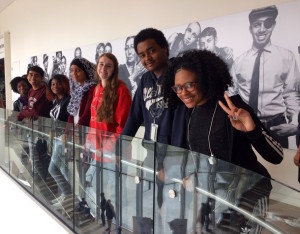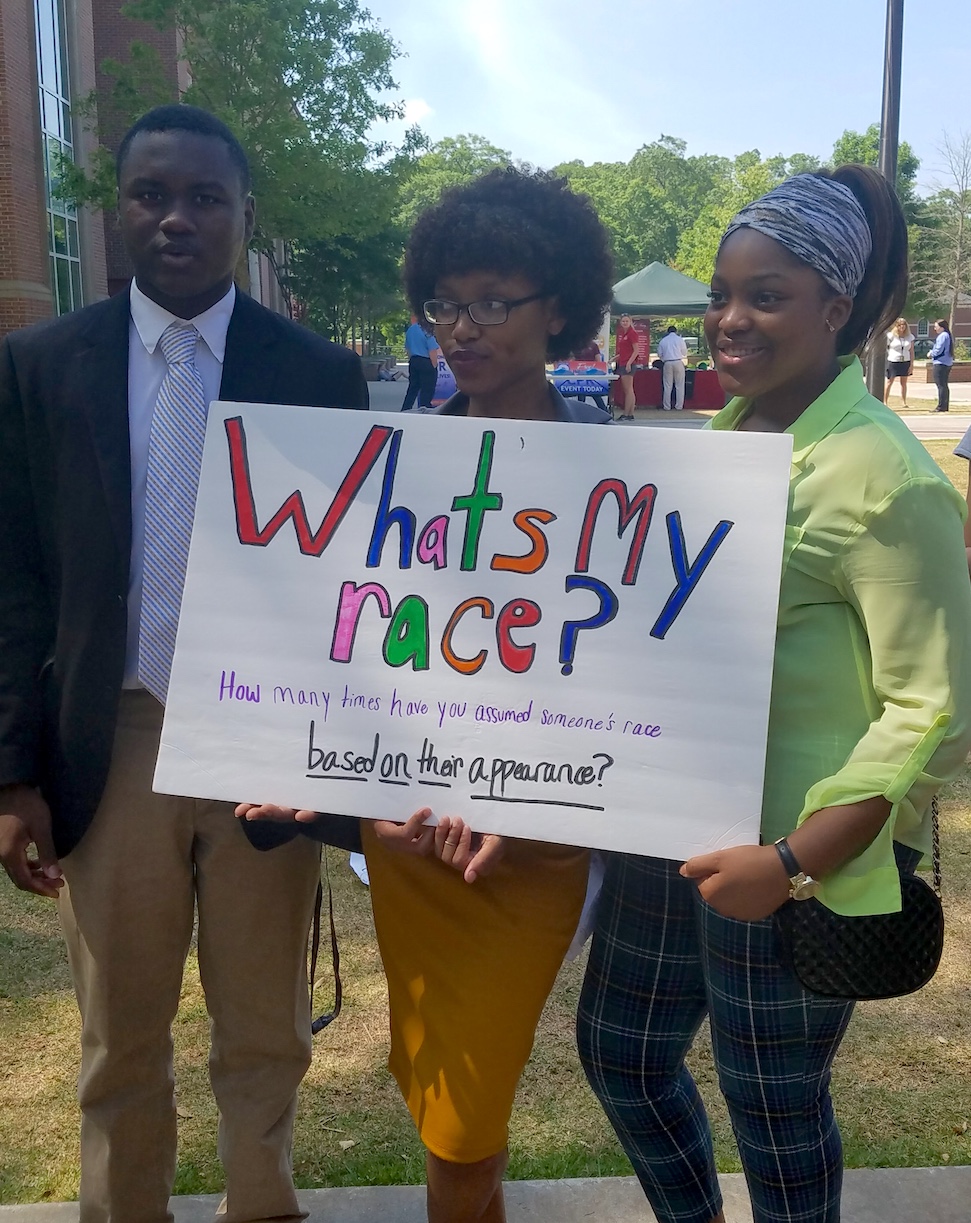Racism is a term we hear in media or in conversation almost daily, and we learned it young. But what exactly is racism? And how does it differ from related terms, such as prejudice or discrimination? To get a sense of the popular meaning of these words, I asked a few teens to define racism, prejudice and discrimination, and I looked up some official definitions.
Racism
Elissa Gibson, a 16-year-old African-American, defined racism as “when a person classifies another person — it’s not always negative — but they attribute certain characteristics to a person based on their race.” Psychology Today defines racism as “a negative view of one group of people based solely on their membership in a particular ethnic group.”
The difference between these two was Elissa’s inclusion of the phrase “it’s not always negative.” From the perspective of psychologists, racism is exclusively negative, because it is judging a person purely on their race.
Prejudice
When asked to define prejudice, Genesis Nazario, a 16-year-old Puerto Rican, said: “Racism and prejudice go hand in hand. They derive from the same issue.”
Elissa also equated prejudice to racism, saying that prejudice is “a certain attitude toward someone because of their race.” Psychology Today defines prejudice as “a negative view of one group of people based solely on their membership in that group.”
The limitation of prejudice to just apply to judgments based on race seems to be a secular interpretation of the term. Because of the prevalence of racial issues, prejudice seems to have evolved into a synonym of racism, when in fact, it is actually much broader. By equating these two terms, racism is not seen as a distinct and prevalent branch of a larger issue, but as a vague form of injustice that cannot be determined as easily.
Discrimination
Similarly, both teens related discrimination back to race, among other factors. Genesis defined discrimination as “separating people based on their race.”
Simply Psychology defines discrimination as “the behavior or actions, usually negative, towards an individual or group of people, especially on the basis of sex/race/social class, etc.” This definition suggests racism is a more specific type of prejudice or discrimination, because prejudices are judgments based on any characteristic or attribute of a person, and discrimination is treating someone unfairly based on these judgments. Both teens related prejudice and discrimination back to race, although the literal definitions of both encompass several other characteristics such as age or gender.
Both teens also agreed that all three terms are extremely interconnected, especially racism and prejudice, and said it was very hard to distinguish between the three. This shows there may be some misunderstanding around the terms commonly associated with racism. If this is true, could there also be some other misconceptions about racism? For example, what makes someone a racist? Is someone a racist because they do not recognize racism in the world around them?
Racist
Based on the previous definition of racism, a racist is someone who views people negatively purely based on their racial background on a consistent basis. Racists look at people and make assumptions about their behavior simply based on their skin color.
Today, racism may not always be as overt as it was 50 years ago. There are no longer signs above water fountains that “white” or “colored,” and where people are allowed to sit on a bus or train is not dictated by race. There are laws in place to ensure the equal treatment of people all races in this country. But this doesn’t mean racism is non-existent. It just means it is harder to recognize, especially for those who don’t experience it very often, if they experience it all.
Photo caption (above): During a University of Georgia tour, Mays High School students stumbled upon a public demonstration about a variety of social issues.
Photo courtesy of Destine Manson/VOX staff
Candace, 17, is a junior at Our Lady of Mercy Catholic High School who loves theatre.
VOX Investigates race this semester. Check out our ongoing coverage here.
Join VOX Dec. 10 for a Teen-led Dialogue
We welcome any Atlanta-area teen join us for free on Dec. 10, 2-4 p.m., at The Center for Civil & Human Rights. Click here to RSVP.
We’ll have a poetry open mic, free food. Create art. Record video. Speak up!
You can also mail your original story, poetry or art to media@voxatl.org.




